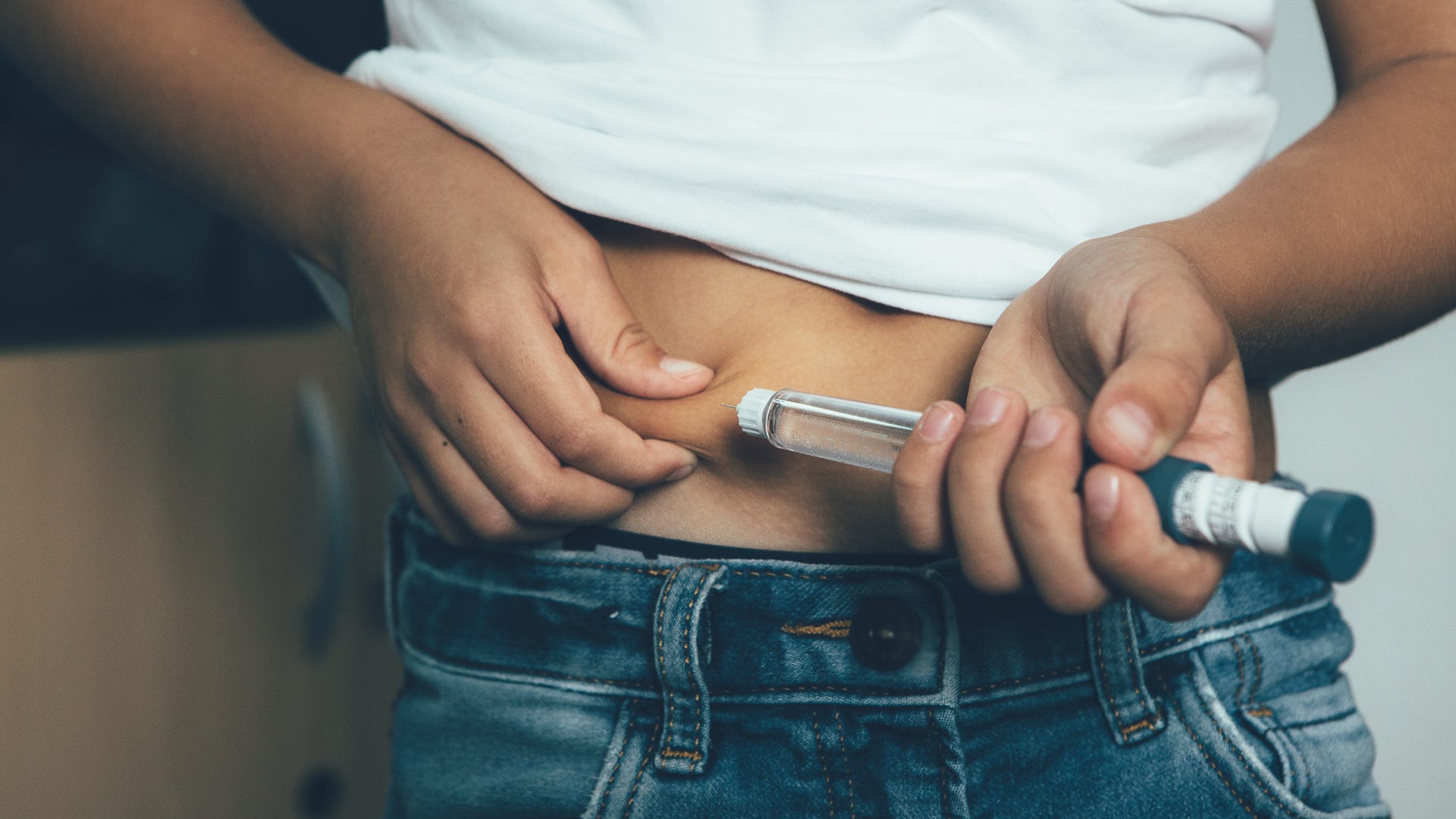Revolutionizing Diabetes Care: The Promise of Once-Weekly Insulin
A recent trial shows once-weekly insulin could improve diabetes treatment globally, despite existing challenges in access and application.
TL;DR
Diabetes remains a significant health challenge globally, despite insulin's discovery a century ago. Numerous barriers such as cost, access to care, and stigma prevent patients from achieving optimum glucose control. However, a recent phase 3 trial, ONWARDS 1, has highlighted the effectiveness of once-weekly insulin (icodec) compared to once-daily insulin. This revolutionary development could simplify insulin therapy, improving treatment adherence and outcomes for millions of patients globally. Despite these exciting advances, challenges still remain to safely incorporate this weekly regimen into clinical practice and address the broader barriers to insulin therapy. The goal remains to build a better insulin and ensure equitable access to these therapeutic agents for all diabetes patients.
Imagine waking up on a brisk, winter morning, feeling tired, thirsty, often needing to urinate and finding that you are losing weight inexplicably. These symptoms lead you to seek out a medical opinion and soon you are hit with the diagnosis - 'Diabetes'. You let out a sigh of relief, thinking, "At least it’s not life-threatening." But what if we told you that diabetes remains a significant cause of illness, premature death, and lifelong burden, affecting a staggering 37.3 million folks in the USA and approximately 537 million globally?
For patients with type 1 diabetes, insulin is literally a lifeline - they simply cannot survive without it. Additionally, 20% to 30% of the diabetic population require it for achieving optimum glucose control. Quite a necessity, isn't it? And yet, around half of those who would benefit from insulin therapy do not receive it.
Why this surprising discrepancy? Is it because insulin therapy is costly and prohibitive, an unspoken mark of fear or disgrace for the patient, or perhaps due to the harsh realities of a lack of accessible healthcare? The harsh reality is, each of these factors plays a role, crafting a complex narrative of hardship and fight for survival.
In this issue, we discuss an exciting new development in the world of diabetes management as brought to light by researchers Rosenstock et al. They performed a groundbreaking clinical phase 3 trial dubbed ONWARDS 1. They compared the efficiency of traditional once-daily insulin therapy (glargine U100) to a novel once-weekly insulin treatment (icodec) among patients with type 2 diabetes possessing poor glucose control and discovered astounding results.
The once-weekly icodec emerged triumphant in lowering glycated hemoglobin levels, effectively managing blood glucose levels, while having an equivalent rate of hypoglycemia or low blood sugar, a common side effect of insulin treatment. In essence, it was a significant stride forward in our journey to build a better insulin.
So, who stands to gain from this development? Think of the millions of diabetic patients worldwide struggling with the daily inconvenience and stress of maintaining their insulin regimen. This innovation has the potential to dramatically transform their lives, simplifying their therapy routine, enhancing treatment adherence, and optimizing blood glucose control.
Now, let’s not shy away from the harsh realities either. This miracle of modern medicine requires proper infrastructure or supervision for utilization, which remains a challenge in real-world settings outside controlled clinical trials. It also prompts us to ponder on whether the advent of a new insulin preparation alone is adequate to dismantle the daunting global barriers to insulin therapy.
The weekly insulin injection model's attractiveness may help reduce therapy inertia on part of the healthcare provider and the patient. Nevertheless, to integrate this weekly regimen into clinical practice safely, it’s crucial to establish guidelines for patient-controlled dose adjustments. As insulin is usually perceived as a sign of failure, the conversation around its use must be challenged and transformed.
Ending on a sobering note, we must acknowledge that innovation comes with a price, quite literally. Over the past century, substantial progress in diabetes research and treatment development has drastically improved the lives of patients. But we mustn't stop here. Let's strive to address the disparities and inequities in risk and access to treatment, and harness the promise of diabetes treatment advancements. In essence, let’s keep building a better insulin for a healthier tomorrow.


